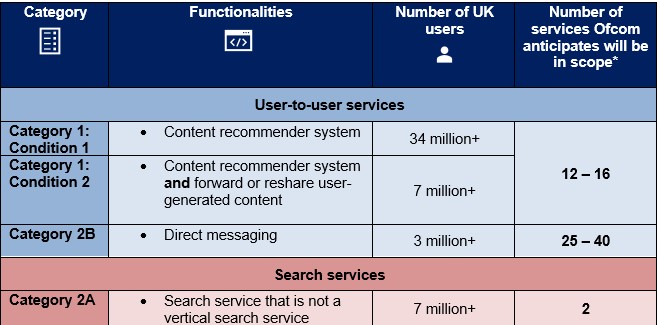Court of Appeal Upholds Contract With Open Price Clause – On the Record
The English Court of Appeal’s judgment in KSY Juice Blends UK Ltd v. Citrosuco GmbH[1] provides helpful guidance on the enforceability of long-term supply contracts where the price for part of the goods is left open to be agreed in the future. The judgment is particularly notable for its analysis of when a court will imply a term for a reasonable or market price, and …| On the Record
Class Dismissed? Representative Claims in Getty v. Stability AI – On the Record
Earlier this year, the English High Court considered an application for strike out of a representative action in the ongoing dispute between Getty and Stability AI. The case is at the intersection of intellectual property (IP) issues in connection with generative artificial intelligence (AI) and class actions in the UK – issues close to Cooley’s heart – and we have been following developments with interest. …| On the Record
Two Judgments on Forum Challenges – On the Record
Two notable English court judgments on jurisdiction have been handed down in the last few months – the first being the Court of Appeal’s decision in Limbu & Others v. Dyson Technology Ltd & Others[1], and the second the High Court’s decision in da Silva & Others v. Brazil Iron Ltd & Another[2]. Both cases involved group litigation against UK-domiciled companies in respect of the …| On the Record
Money Laundering: The UK Supreme Court’s Decision in El-Khouri Changes Scope of Extraterritoriality Under POCA – On the Record
In the recent judgment in El-Khouri v. Government of the United States of America,[1] a case concerning the operation of the double criminality rule in the context of extradition, the UK Supreme Court made a seminal ruling on the extraterritorial limits of the Proceeds of Crime Act 2002 (POCA).| On the Record
Court of Appeal Split on Scope of Exclusion Clause – On the Record
In EE Ltd v. Virgin Mobile Telecoms Ltd[1], the Court of Appeal upheld the High Court’s decision that EE’s claim against Virgin was excluded under the terms of the parties’ telecommunications supply agreement.[2] While the decision ultimately confirmed the reasoning of the lower court, the decision is notable for being surprisingly close.| On the Record
Online Safety Act Update: Ofcom Proposes Categorisation Thresholds – On the Record
On 25 March 2024, the UK Office of Communications (Ofcom) published its research and advice to the Secretary of State (SoS) on the threshold conditions that it considers appropriate to determine whether a service falls into Category 1, 2A or 2B under the Online Safety Act (OSA). Category 1 and 2B apply to user-to-user services, whereas Category 2A applies to search services. This advice forms …| On the Record


